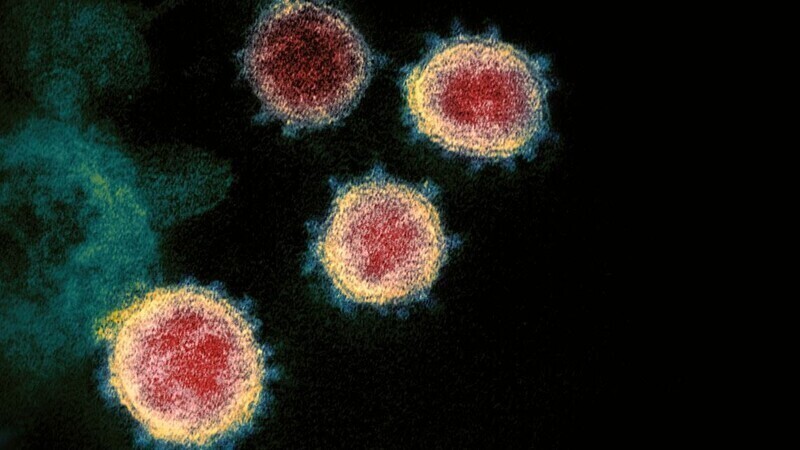hankyoreh
Links to other country sites 다른 나라 사이트 링크
Surging “stealth” Omicron cases may draw out current COVID-19 wave in S. Korea

The detection rate of the so-called “stealth” BA.2 subvariant of the COVID-19 virus’s Omicron variant has been rapidly rising among confirmed cases in South Korea, leading disease control authorities to predict a potential impact on the number of domestic cases and the timeline for the current wave’s peak.
Speaking in a regular briefing Monday, Korea Disease Control and Prevention Agency Commissioner Jeong Eun-kyeong said, “The percentage of BA.2 among Omicron variant [cases] has been rising, and with the recognition of cases through [specialist] rapid antigen testing, we could see a delay in the time needed for the current wave to peak and an increase in the number of cases.”
This means that in contrast with other countries where BA.2 has propelled a resurgence after the Omicron wave had passed, South Korea is experiencing a simultaneous rise in the percentage of BA.2 cases while the Omicron wave is still happening — a fact that could impact the current wave.
Approximately 30% more transmissible than the previous Omicron variant, the BA.2 subvariant has become the world’s dominant strain, accounting for 60% of all global confirmed cases.
The BA.2 detection rate in South Korea has also risen sharply, climbing from 26.3% during the second week of this month (March 6 to 12) to 41.4% as of last week (March 13 to 19).
“As we’ve seen with the renewed rise in confirmed cases in the US and Europe [due to the stealth Omicron subvariant], it could end up disrupting the transition toward a trend of decline in South Korea,” predicted Kim Shin-woo, a professor of infectious disease at Kyungpook National University Hospital.
By Kwon Ji-dam, staff reporter
Please direct questions or comments to [english@hani.co.kr]

Editorial・opinion
![[Column] A death blow to Korea’s prosecutor politics [Column] A death blow to Korea’s prosecutor politics](https://flexible.img.hani.co.kr/flexible/normal/500/300/imgdb/original/2024/0415/7517131654952438.jpg) [Column] A death blow to Korea’s prosecutor politics
[Column] A death blow to Korea’s prosecutor politics![[Correspondent’s column] The US and the end of Japanese pacifism [Correspondent’s column] The US and the end of Japanese pacifism](https://flexible.img.hani.co.kr/flexible/normal/500/300/imgdb/original/2024/0412/1017129080945463.jpg) [Correspondent’s column] The US and the end of Japanese pacifism
[Correspondent’s column] The US and the end of Japanese pacifism- [Guest essay] How Korea turned its trainee doctors into monsters
- [Guest essay] As someone who helped forge Seoul-Moscow ties, their status today troubles me
- [Editorial] Koreans sent a loud and clear message to Yoon
- [Column] In Korea’s midterm elections, it’s time for accountability
- [Guest essay] At only 26, I’ve seen 4 wars in my home of Gaza
- [Column] Syngman Rhee’s bloody legacy in Jeju
- [Editorial] Yoon addresses nation, but not problems that plague it
- [Column] Can Yoon and Han stomach humble pie?
Most viewed articles
- 1[News analysis] Watershed augmentation of US-Japan alliance to put Korea’s diplomacy to the test
- 2[Guest essay] How Korea turned its trainee doctors into monsters
- 3[Column] A death blow to Korea’s prosecutor politics
- 4[Photo] Cho Kuk and company march on prosecutors’ office for probe into first lady
- 5[Column] A third war mustn’t be allowed
- 6‘National emergency’: Why Korean voters handed 192 seats to opposition parties
- 7Exchange rate, oil prices, inflation: Can Korea overcome an economic triple whammy?
- 8After Iran’s attack, can the US stop Israel from starting a regional war?
- 9[Editorial] New KBS chief is racing to deliver Yoon a pro-administration network
- 10[Column] Down with the so-called social ladder